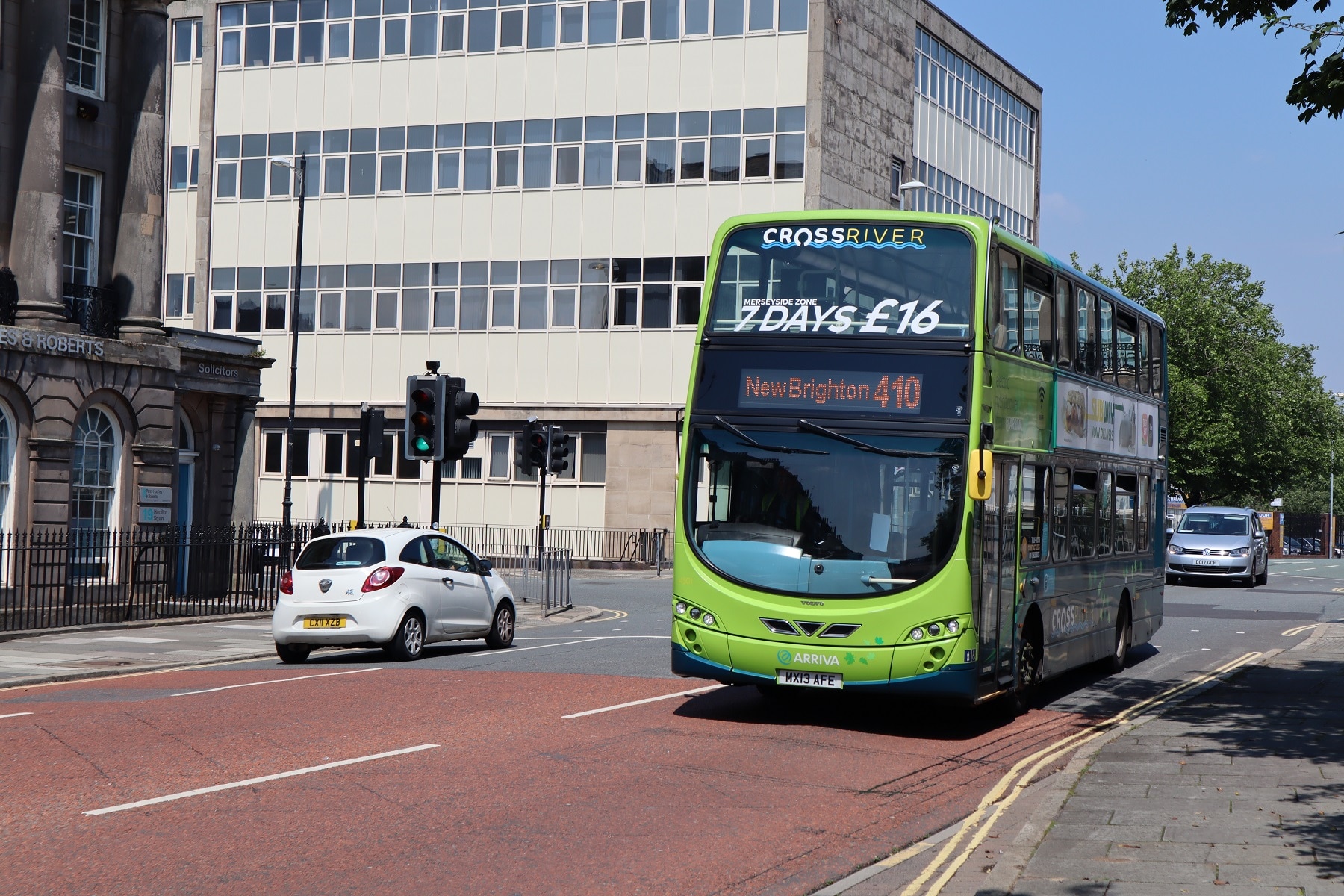Operators in England that need to make a temporary variation to a registered bus service because of the pandemic may now utilise of a significantly shortened notice period. That is thanks to the activation of an already-defined emergency procedure by the Traffic Commissioners (TCs) and outlined in an updated advice document issued on 14 January.
Under the procedure, the local authority (LA) notice period is reduced to three working days. After that, the operator may assume consent for the temporary variation to have been granted by the TC on the date specified on the application or the date it is received by the TC (whichever is later).
If agreement between the operator and the relevant LA can be reached sooner, the application will be processed by the TC in that shorter timeframe.
Bus service variations under emergency procedure subject to process
The above procedure is subject to the TC’s office receiving the LA’s explicit consent for the service to be varied at short notice. Such letters from LAs may cover individual services, or all an operator’s services.
The advice document stresses the importance of all stipulations being met with when seeking to make a bus service variation under the emergency procedure, and that all required documentation is provided.
If the process is not followed, the proposed service variation cannot be made under the emergency procedure. In that case, the current seven-day LA notice period for a temporary variation applies, alongside the statutory consecutive 28-day registration period unless notified otherwise. Both of those timeframes were introduced on 4 January.
Scope for the emergency procedure in England was created in a previous update to the advice document in November 2022. It may be utilised when a temporary variation is required either of in the following cases:
- Changes to national or local coronavirus COVID-19 guidelines are introduced which affect the demand for or supply of services
- A service change is required because of, or is directly attributable to, a change in circumstances due to coronavirus COVID-19.
Date for return to pre-pandemic timetables now open-ended
In Scotland, it remains the case that an application for a temporary variation is subject to an LA notice period of seven calendar days. If no request is received from the LA for more time, the TC will grant short-notice dispensation with immediate effect.

The status quo in Wales is also maintained, where a temporary variation is deemed to be accepted by the TC upon expiry of a three working day period from the date of receipt, unless notified otherwise.
There is no requirement to notify LAs in Wales of service registrations, variations or cancellations.
Where the temporary variation process has been utilised in England, Scotland and Wales, there is now no date specified by which services must return to pre-pandemic timetables.
A review will be undertaken “at an appropriate time,” but LAs and operators will be given no less than 84 days’ notice of the end date. Any temporary variations already in force have automatically been extended on the same basis in all three countries.
In England, Scotland and Wales, the £60 standard variation fee now applies to all temporary variations. It had been waived but was reintroduced on 4 January.



























